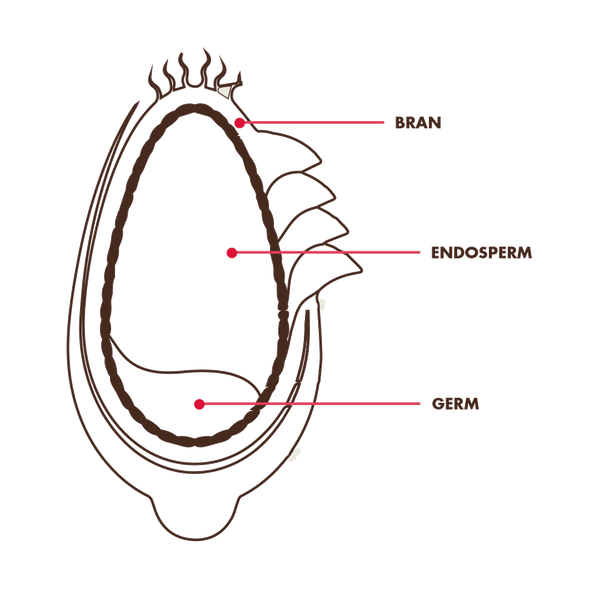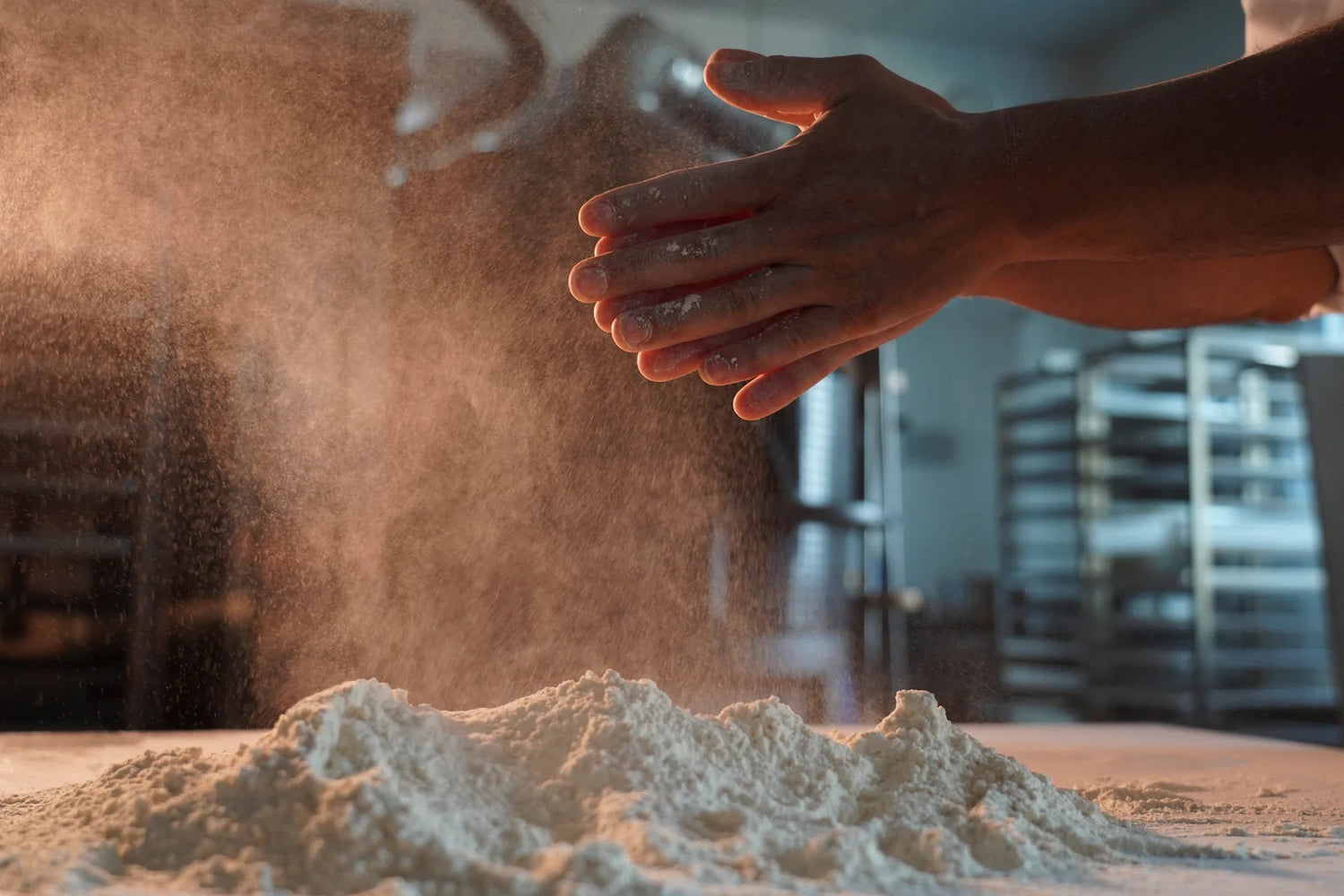Our Story
“WHEN WE STARTED PROCESSING WHEAT, WE COULD HAVE NEVER IMAGINED THAT IT WOULD BE THE START OF SUCH AN EXTRAORDINARY ADVENTURE”

Almost 200 years of flour making implies a great sense of connection to the land.
Situated in the heart of Piacenza, Molino Dallagiovanna stands firm on three fundamental pillars, guiding its relentless pursuit of excellence.
-

Grain Selection
The Dallagiovanna family meticulously handpicks superior quality grains, including those cultivated within a closely monitored supply chain. Each grain is accompanied by a unique passport detailing the meticulous care and treatments administered during the sowing process, ensuring unparalleled product excellence.
-

Laboratory Processes
Within Molino Dallagiovanna's cutting-edge laboratories, innovation meets tradition. Rigorous testing and refining techniques merge seamlessly to craft flour that meets the most stringent standards of purity and nutritional value.
-

Cleaning and Washing of Grains
Moreover, Molino Dallagiovanna's commitment extends to the fundamental process of cleaning and washing the grains. This meticulous phase ensures the removal of impurities, resulting in a flour that embodies purity and authenticity.

THEY ARE ALL DIFFERENT
To pick the right flour, start with good quality wheat. Look for grains that are thoroughly cleaned to remove impurities before milling. For products like quick breads or low-leavened items, opt for flours with a 'W' rating of 130-190, indicating their strength. Another crucial factor is the P/L variable, which determines how flexible or stiff a flour is. Strong flours suit longer leavening, like bread-making, while weak ones work best for low-rise doughs, like biscuits.

TYPE 0 - 00 - 1 - 2 - WHOLEGRAIN: what exactly does that mean?
Flour undergoes changes based on sifting: more sifting means it loses bran and wheat germ, becoming whiter (like types 0 and 00). Less sifting retains more components with higher ash content. Professional selection of flour strength and elasticity matters for different products. Types 0, 00, 1, 2, and whole grain signify how much sifting and refining the flour has undergone."



